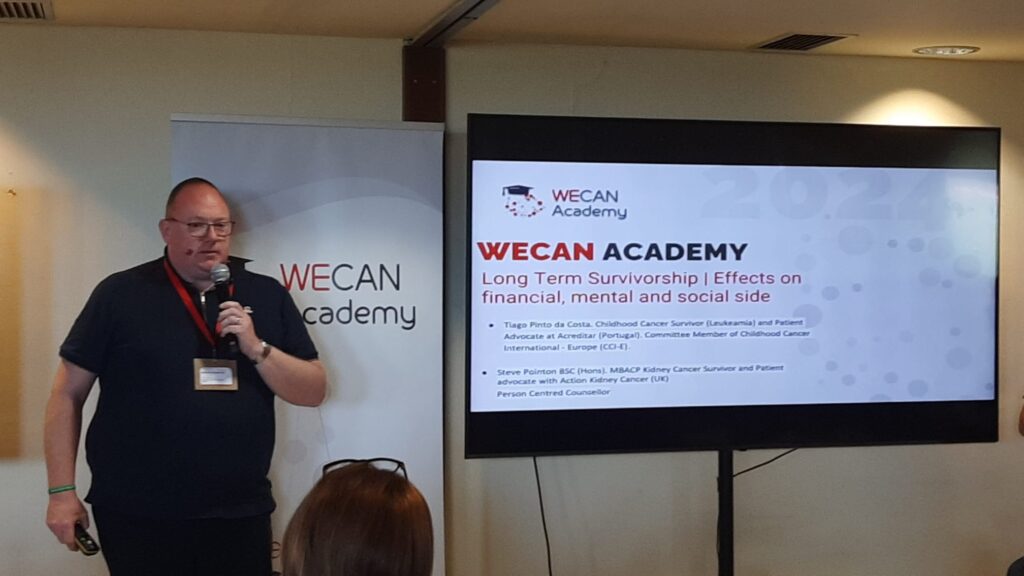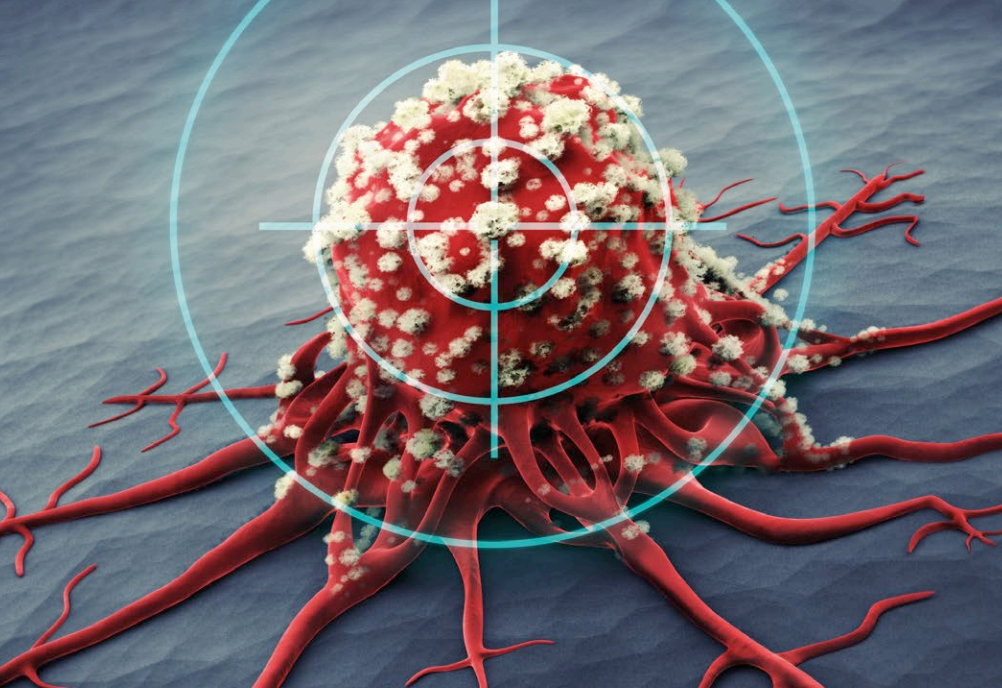Share this Page:
The FDA has approved a new drug called belzutifan for people with von Hippel-Lindau (VHL) disease and renal cell carcinoma (RCC), CNS hemangioblastomas, or pancreatic neuroendocrine tumours (pNETS) who do not need surgery immediately.
Belzutifan is a hypoxia-inducible factor-2 alpha (HIF-2α) inhibitor. Kidney cancers frequently have mutations in a gene called the von Hippel-Lindau (VHL) gene, resulting in high levels of a protein called hypoxia-inducible factor, or HIF-2α. This results in a number of changes in the cancer cells and their surrounding environment that favour tumour growth. The novel hypoxia-inducible factor 2α (HIF-2α) inhibitor, belzutifan (MK-6482), blocks the action of HIF-2α.
The approval was based on data from the phase 2 study 004. A response to treatment (an objective response rate) was seen in 49% of patients with VHL-associated RCC taking bezutifan. All responses were partial responses. In more than half of these patients (56%), this response lasted at least a year and the average time to response was 8 months.
The most common side effects were were anaemia (90%), fatigue (64%), headache (39%), dizziness (38%), nausea (31%), constipation (13%), abdominal pain (13%), poor vision (21%), upper respiratory tract infection (21%), shortness of breath (20%), joint pain (18%), muscle pain (16%), high blood pressure (13%), and increased weight (12%).
Moderate or serious side effects included anaemia (7%), fatigue (5%), high blood pressure (3.3%) poor vision (3.3%), shortness of breath (1.6%), and increased weight (1.6%).













